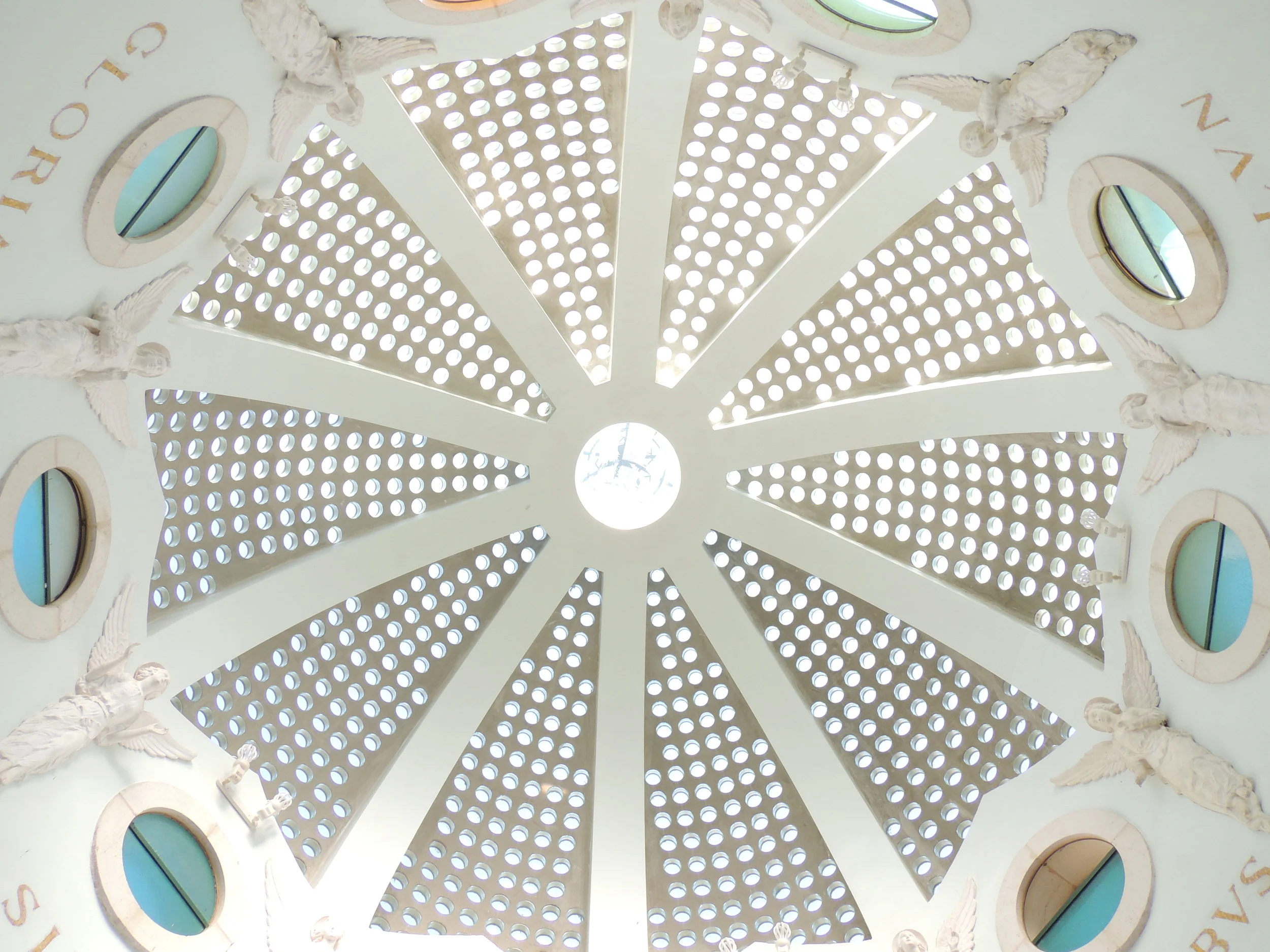Deploying Western methods of conflict resolution may not always feel appropriate to clients around the globe. Certain features of local culture such as where something like ‘honour’ has an impact can create situations in disputes that neither litigation nor an offer of alternative dispute resolution seems able to solve. Recognising this reality and having options on how to proceed can make the difference to you as a party or your client and your firm’s reputation. To alter the balance, endesek offers to bridge such impasses that occur by fusing traditional conflict resolution methodology with civil mediation techniques. Any conclusion reached will take legal proceedings fully into account whilst, most importantly, the client is given the opportunity to manage their dispute in a way that is culturally acceptable.
For example, Sulha is a traditional Middle Eastern method of resolving conflicts that is based on common principles and collective wisdom, recognised within pluralistic communities and formed across religious, political and ethnic boundaries. Under traditional contexts Sulha was an original means for passing and enforcing rulings and has subsequently been employed over centuries to prevent acts of revenge and tragic feuds etc. Sulha is used in many contemporary settings for the restoration of peaceful relationships, redressing injustices and resolving conflicts between individuals, families, neighbourhood groups and businesses. Sulha is seen as a complementary way to empower the rule of law and is often recognised within parallel civil legal resolutions. According to local practice, within Middle Eastern culture, it is believed that once a wrong has been committed, a ritual ceremony, a Sulha, should be performed.
endesek is also able to introduce Sulha cultural mediation techniques into western model mediations where this may be deemed appropriate. Sulha works towards the removal of grudges and enmity; reference to the past conflict is ceased. As a sign of agreement between the disputants a ceremonial and often public drinking of coffee and maybe sharing of a meal is performed. This is a very important part of the closure of the dispute.

